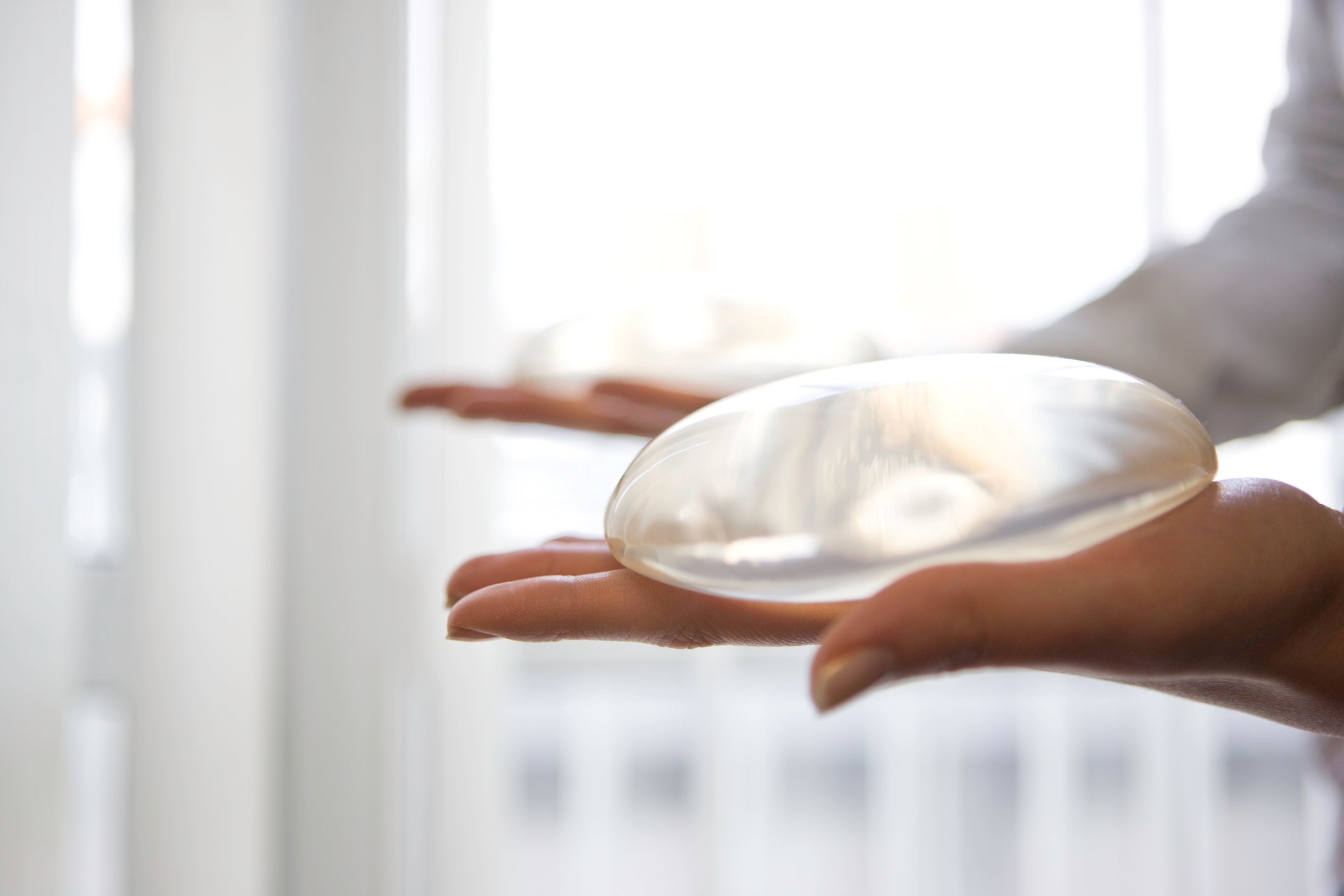Victims of faulty breast implants should get compensation, French court rules
More than 2,500 women in more than 60 countries have been affected by the scandal

Your support helps us to tell the story
From reproductive rights to climate change to Big Tech, The Independent is on the ground when the story is developing. Whether it's investigating the financials of Elon Musk's pro-Trump PAC or producing our latest documentary, 'The A Word', which shines a light on the American women fighting for reproductive rights, we know how important it is to parse out the facts from the messaging.
At such a critical moment in US history, we need reporters on the ground. Your donation allows us to keep sending journalists to speak to both sides of the story.
The Independent is trusted by Americans across the entire political spectrum. And unlike many other quality news outlets, we choose not to lock Americans out of our reporting and analysis with paywalls. We believe quality journalism should be available to everyone, paid for by those who can afford it.
Your support makes all the difference.Victims of defective breast implants made by a French company should receive financial compensation, an appeal court in France has ruled.
The Poly Implant Prothese (PIP) scandal – in which the company filled its implants with unauthorised, industrial-grade silicone – has affected tens of thousands of women in some 65 countries since 2010.
A group of 2,700 women who received breast implants from the now-defunct PIP company are eligible to claim for compensation, a Paris appeal court decided on Thursday.
The case – which could have huge implications for claims around the world – involved 540 British women who claim to have suffered long-term health effects from the implants.
The ruling in Paris upheld an earlier French court judgement that the German safety firm TUV Rhineland had been negligent in approving safety certificates for the PIP implants.
“We are delighted with this outcome which definitively puts an end to the doubts about TUV’s responsibility,” said lawyer Olivier Aumaitre, who represented the women. “The German certifier will have to fully compensate the victims.”
The ruling could have implications for tens of thousands more PIP victims, from Britain to Latin America.
UK campaigner Jan Spivey, from the PIP Action group, said she felt “elated and exhausted” at the Paris court decision. She said the implants she got 20 years ago “are still impacting on my life and my health”.
Ms Spivey added: “We’ve been in and out of court, and that’s been really difficult for women. We’ve got health issues and we’ve got lots of other responsibilities too – PIP has had an impact on the whole of our lives.”

The company Poly Implant Prothese shut down in 2010 after it was found to have used unapproved products which were prone to rupture, rather than using medical silicone.
The company’s founder Jean-Claude Mas was sentenced to four years in jail in 2013 after he was found guilty of “serious fraud” by a court in Marseille.
Another British victim of the PIP implants, Nicola Mason, said the court decision was “amazing”. She told BBC Radio 4’s Today programme: “We’ve waited a long time for this.”
Ms Mason discovered the implants had ruptured when she was pregnant after spotting a large lump under her arm. Although the implants have since been removed, she still has silicone lodged in her body.
The symptoms of using unapproved silicone in implants can include swelling, pain and a burning sensation in breasts, as well as enlarged lymph nodes, according to the NHS.
Join our commenting forum
Join thought-provoking conversations, follow other Independent readers and see their replies
Comments